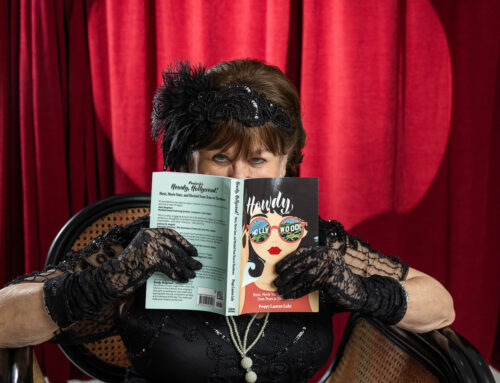One of my favorite Biblical passages is the Beatitudes, found in Matthew 5. Part of Jesus’ Sermon on the Mount, it is that catalogue of people who are “blessed.” Blessed are the poor in spirit. Blessed are those who mourn, and so on. One scholar writes that the Beatitudes are “not prescriptive, but descriptive.” The point is not, “if you want to be blessed, then mourn.” That wouldn’t make much sense at all. Rather, it is an observation about life: that often those who end up blessed happen to be those who have been down the road of mourning.
While I love the Beatitudes, I have always stumbled when I come to “Blessed are the meek, for they shall inherit the earth.” Who wants to be meek? The images that come to mind are not particularly attractive ones. Casper Milktoast, after all, has never been one of my idols. The meek are the doormats of society, too weak to stand up for themselves. Why should the meek be blessed?
Then one day I learned that the French translation of the Bible renders this verse much differently. The word translated “meek” in the English version is “debonair” in French. Blessed are the debonair! Whole different images flooded my mind. Instead of Casper Milktoast, I imagined Maurice Chavalier…Fred Astaire…Gene Kelly, crooning and dancing their way across life’s stage. Blessed indeed are the debonair!
Who are the debonair? They are the ones who are well mannered, gracious and graceful. They know how to move through life with a certain elegance. To be around them is to be in “good air.” And they are blessed.
Years ago, one of my mentors in the ministry, an older and wiser man (himself rather debonair), was speaking to a group of fledgling clergy. He looked us in the eye and said, “You need to learn to dance.” He said that too many young ministers “jerk from one place to another.” We treat people roughly. We are religious bulls in ecclesiastical china shops. That’s why we needed to learn to dance, he said – to move more gracefully through our days, to respond more gently to the people we encounter. He was telling us, I think, to be more debonair.
It was good advice, I think, although it has not always been easy to follow. I have found it hard, at times, to move gracefully from weddings to funerals and back again. It’s downright wrenching to rush from a baptism to a hospital room. But it does help when you get the dance steps down. You lose your balance less often. You step on fewer toes. Fred, Maurice or Gene I am definitely not. I still lose my rhythm. But my heroes are still the ones who know how to dance.






